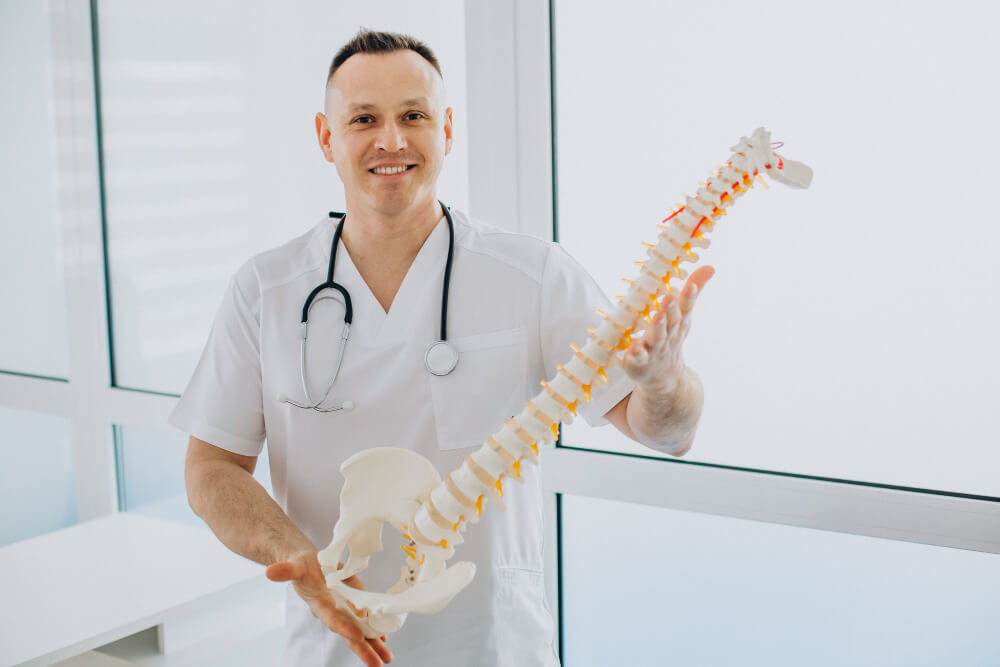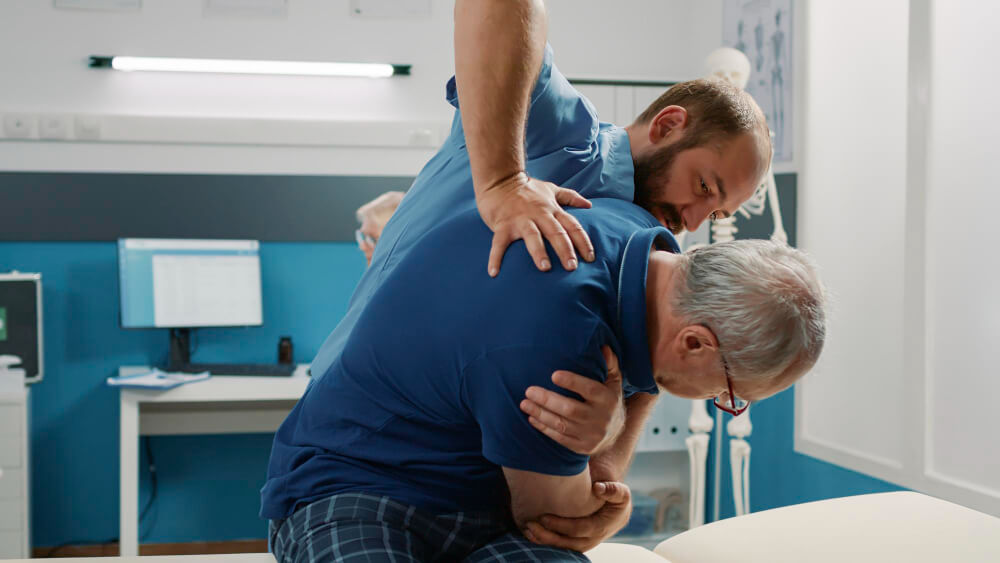Specialty Care Clinics: Spine Specialist for Different Spine Conditions
The spine is a complex structure that supports the body and protects the spinal cord. When the spine is injured or affected by conditions such as arthritis or herniated discs, it can cause significant pain and discomfort. Specialty care clinics are equipped to provide expert care for a variety of spinal conditions.
Common Spinal Conditions
Some of the most common spine conditions include:
- Back Pain A common complaint that can be caused by a variety of factors, including muscle strain, pinched nerves, or arthritis.
- Herniated Disc When the soft, gel-like center of a spinal disc bulges out and presses on a nerve.
- Spinal Stenosis Narrowing of the spinal canal, which can compress the spinal cord or nerves.
- Scoliosis A sideways curvature of the spine.
- Degenerative Disc Disease A condition that occurs when the discs in the spine deteriorate over time.
The Role of Specialty Care Clinics
Specialty care clinics offer a comprehensive range of services for spine conditions, including:
- Diagnosis and Assessment Thorough evaluation of your symptoms and medical history to determine the underlying cause of your condition.
- Treatment Plans Customized treatment plans tailored to your specific needs and goals.
- Surgical Procedures When necessary, specialty care clinics can perform a variety of surgical procedures to treat spinal conditions.
- Laminectomy A procedure to remove a portion of the lamina, a bony arch that covers the spinal canal.
- Foraminectomy A procedure to enlarge the spinal canal to relieve pressure on a nerve.
- Spinal Fusion A procedure to fuse together vertebrae in the spine to stabilize the area.
Non-Surgical Treatment Options
In many cases, non-surgical treatments can effectively manage spine conditions. These may include:
- Physical Therapy Exercises to strengthen the back muscles and improve range of motion.
- Medications Pain relievers, anti-inflammatory medications, or muscle relaxants.
- Injections Corticosteroid injections or nerve blocks to reduce pain and inflammation.
- Traction Using a traction device to gently stretch the spine and relieve pressure on the nerves.
- Lifestyle Modifications Changes to your lifestyle, such as improving your posture and avoiding activities that aggravate pain.
Recovery from Spinal Surgery
Recovery from spinal surgery can vary depending on the type of procedure and the severity of the condition. Physical therapy is often recommended to help restore spinal function and prevent stiffness.
- Post-Surgery Care Following surgery, you may need to wear a brace or collar for several weeks.
- Rehabilitation Physical therapy exercises can help improve back strength, flexibility, and range of motion.
Preventing Spinal Injuries
There are several steps you can take to reduce your risk of spinal injuries:
- Good Posture Maintaining good posture while sitting, standing, and walking can help prevent strain on the spine.
- Proper Lifting Techniques Lift heavy objects with proper form to avoid straining your back.
- Regular Exercise Regular exercise can help strengthen the back muscles and improve overall health.
- Avoid Overuse Avoid activities that put excessive strain on your back, such as repetitive lifting or bending.
- Weight Management Maintaining a healthy weight can help reduce stress on the spine.
Spinal conditions can significantly impact your quality of life. Specialty care clinics offer comprehensive care for a wide range of spinal disorders, from back pain to herniated discs. By seeking expert care and following your treatment plan, you can improve your spinal function and regain your quality of life. To book appointment with one of our Spine specialists, Contact us (214) 949-8918 or visit us https://specialtycareclinics.com/


